Imagine dividing up your holiday time between your farmhouse in Tuscany, your villa on the French Riviera, your Mallorcan townhouse, your cottage in the Cotswolds and your apartment in Chamonix. Instead of dealing with the hassle of renting such properties, or the upkeep of owning each one of them, you just turn up and everything is ready and familiar.
Belgians Hilde and Henrik love the concept of co-owning five holiday homes, enjoying two or three weeks in each a year. ‘Everyone treats the house as if it’s their own, and we even found the fridge half full of beer when we arrived at Soller [in Mallorca],’ says Henrik, in his late fifties.
That’s all well and good (assuming you are not teetotal) but you do need to have deep pockets to enjoy this kind of co-ownership model – from around €380,000 (£335,000) for a collection like the above offered by August, plus management fees that can be €9,000 (£7,930) per year.
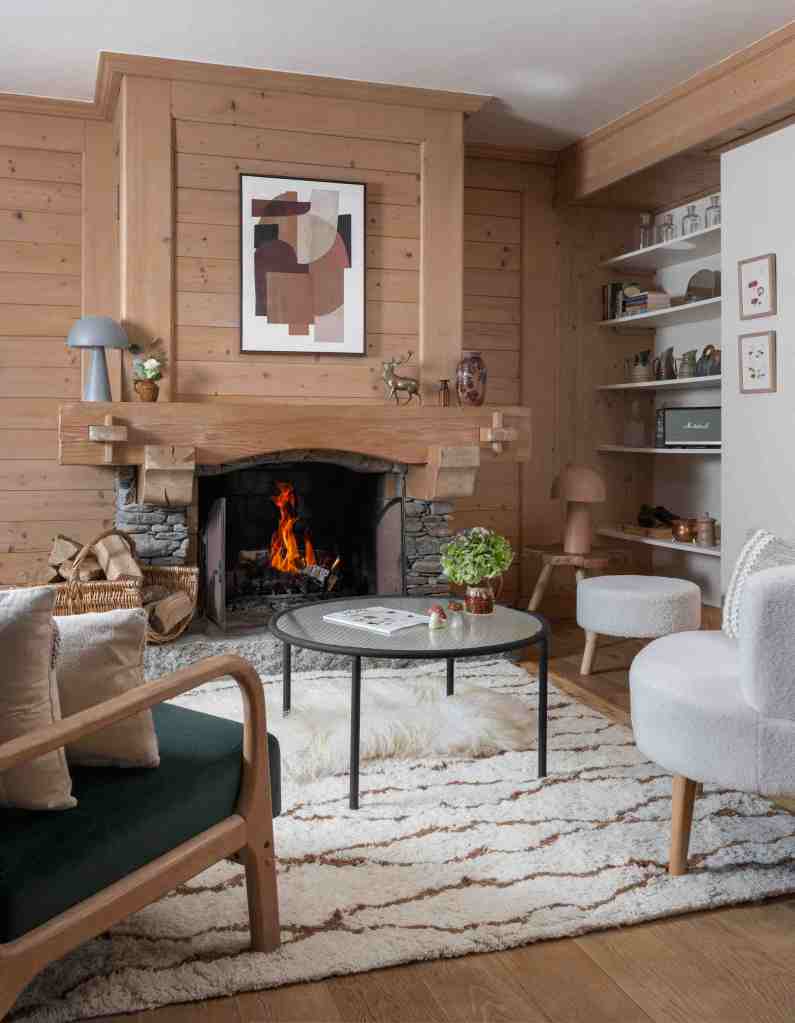
Here in the UK we struggle to disassociate the idea of co-ownership from timeshare and its tainted reputation, so why buy into these new schemes? August alone has more than 100 owners. The big ‘sell’ of these schemes (also known as ‘experience investing’) is that buyers purchase a share of one or more holiday homes for a fraction of the cost of buying the whole property. A share equates to a certain amount of time of usage per year, usually between 45 days and 12 weeks, and the share (of a property or a fund) can be passed on to a beneficiary or sold – possibly with uplift. (Henrik and Hilde sold their first share to upgrade to a more luxurious collection and made a 25 per cent profit on it.)
It’s more economical than buying a holiday home and only visiting three times a year, and arguably more sustainable than having homes sitting empty. But the flipside has always been that any sharing model is tricky and costly to manage
The outlay for a share is hefty by most people’s standards, yet it’s more economical than buying a holiday home and then only visiting three times a year. Plus, post Brexit, British buyers can only spend limited days in Europe anyway (90 in any 180) without a visa. It’s also arguably more sustainable than having homes sitting empty, and weeks can often be swapped between homes.
But the flipside has always been that any sharing model is tricky and costly to manage, and such schemes have foundered, especially during economic downturns. The San Francisco based unicorn start-up Pacaso proved instantly popular in America when it launched in 2020 but has recently pulled back on its expansion into Europe, citing ‘declining prices for luxury second homes and an unstable economy’ as we head towards a global recession.
Such conditions will surely test the financial framework of such schemes. If August does not sell a single new share for six months, the company will survive on its ‘diversified real estate activities’, says its Parisian founder, Melie Dunod. And if a buyer pulls out? ‘If a prospective co-owner cannot pay their annual contribution, August terminates the share and will sell on their behalf and protect the group,’ she says.
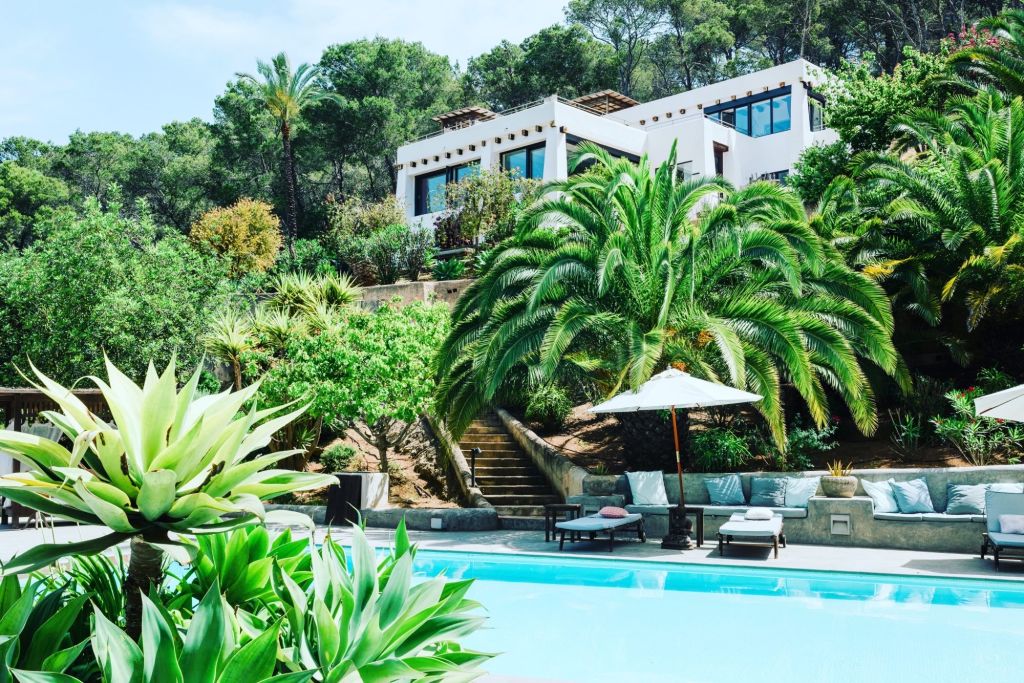
Co-owners are ‘prospective’ until the collection has a complete set of owners and the properties in question are purchased by August. It is the same modus operandi as Sonhaus, launched this summer, offering shares in 126 properties. A one-eighth share equates to 45 nights and buyers put down a 10 per cent deposit. They have four buyers (German and British) in a seven-bedroom Ibizan villa that will pay €1,102,969 (£971,000), plus 1 per cent management fees per year (€11,029, or £9,700).
On what sets this scheme apart from the others, its chief commercial officer James Shalson-Marshall says: ‘Our product is the most luxurious with top-of-range appliances, Restoration Hardware furniture and a Technogym [fitness equipment with digital trainer].’ All properties have a home office, so globally mobile owners just turn up to ‘plug and play’.
All of these new-gen fractional schemes have sophisticated algorithms to rotate or divvy up usage. That you cannot enjoy every August in ‘your’ Mallorcan villa nor Christmas in your ski pad will not suit everyone, but these schemes rely on the fact that co-buyers from different hemispheres and life stages have ‘surprisingly diverse’ preferences. The bulk of them are fifty-something empty-nesters, often semi-retired, with plenty of time to have holidays.
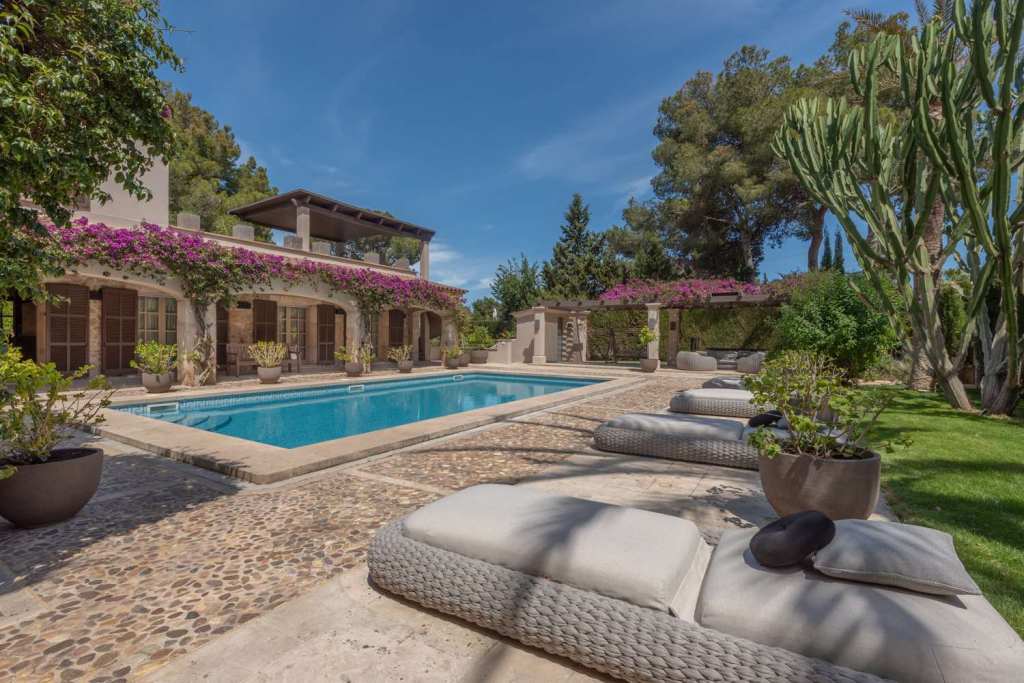
In Lazazu, a French-Dutch scheme set up last year, you can buy a deeded share (45 days a year) in another selection of properties, such as a five-bedroom villa in Mallorca. Their USP is their ‘local authentic style’ rather than a uniform type of décor/brands that competitors champion, according to Andre Berger, the founder. They also allow owners to sub-let/Airbnb their shares, which some others do not.
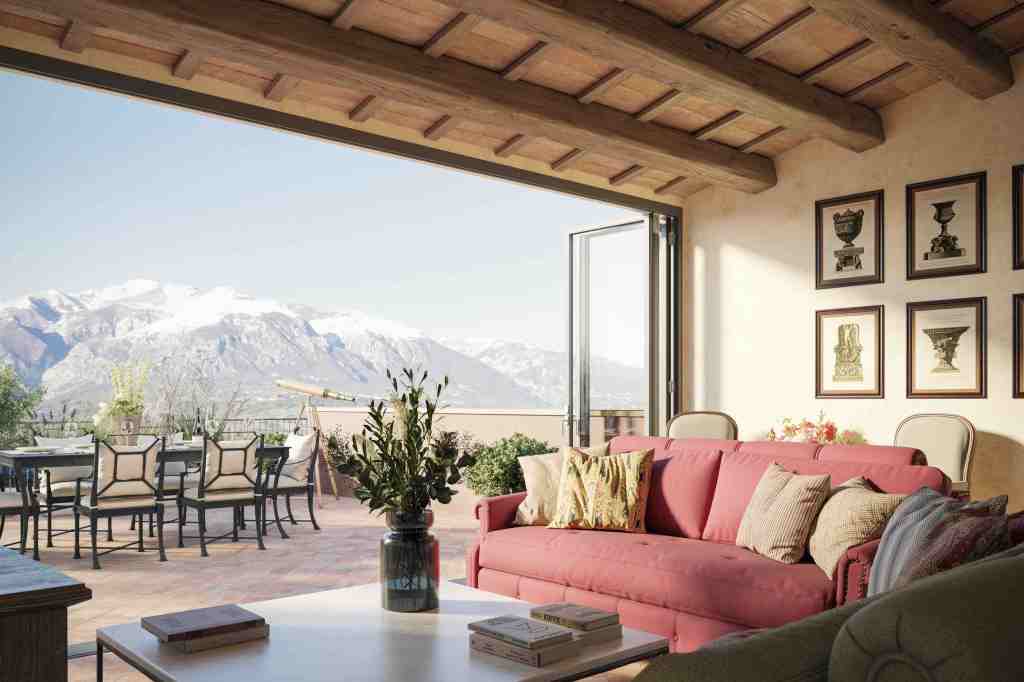
For Italophiles, a restored palazzo in the hilltop village of Casoli in the Abruzzo region is another option. Co-ownership of 14 different sized residences at Palazzo Ricci starts from €95,500 (£84,000) for 5.5 weeks a year, with running costs from €2,500 (£2,200) per annum. Forty of 126 fractions have so far sold, especially to Americans, says its Utah-based founder, Mike Brosnan: ‘Yes, many of the owners – the “rational rich” – could have afforded to buy a whole property in the region, but the value of this scheme lies in the fact it’s hassle-free and best-in-class.’ Only time will tell whether that is the case.

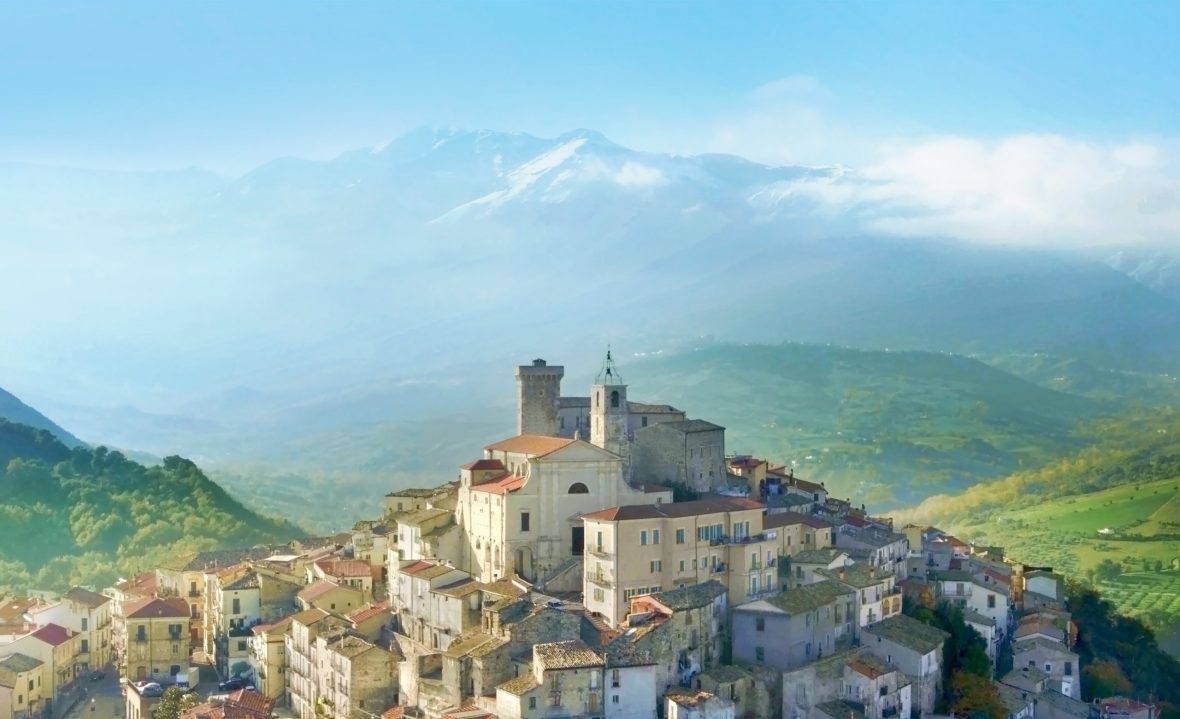
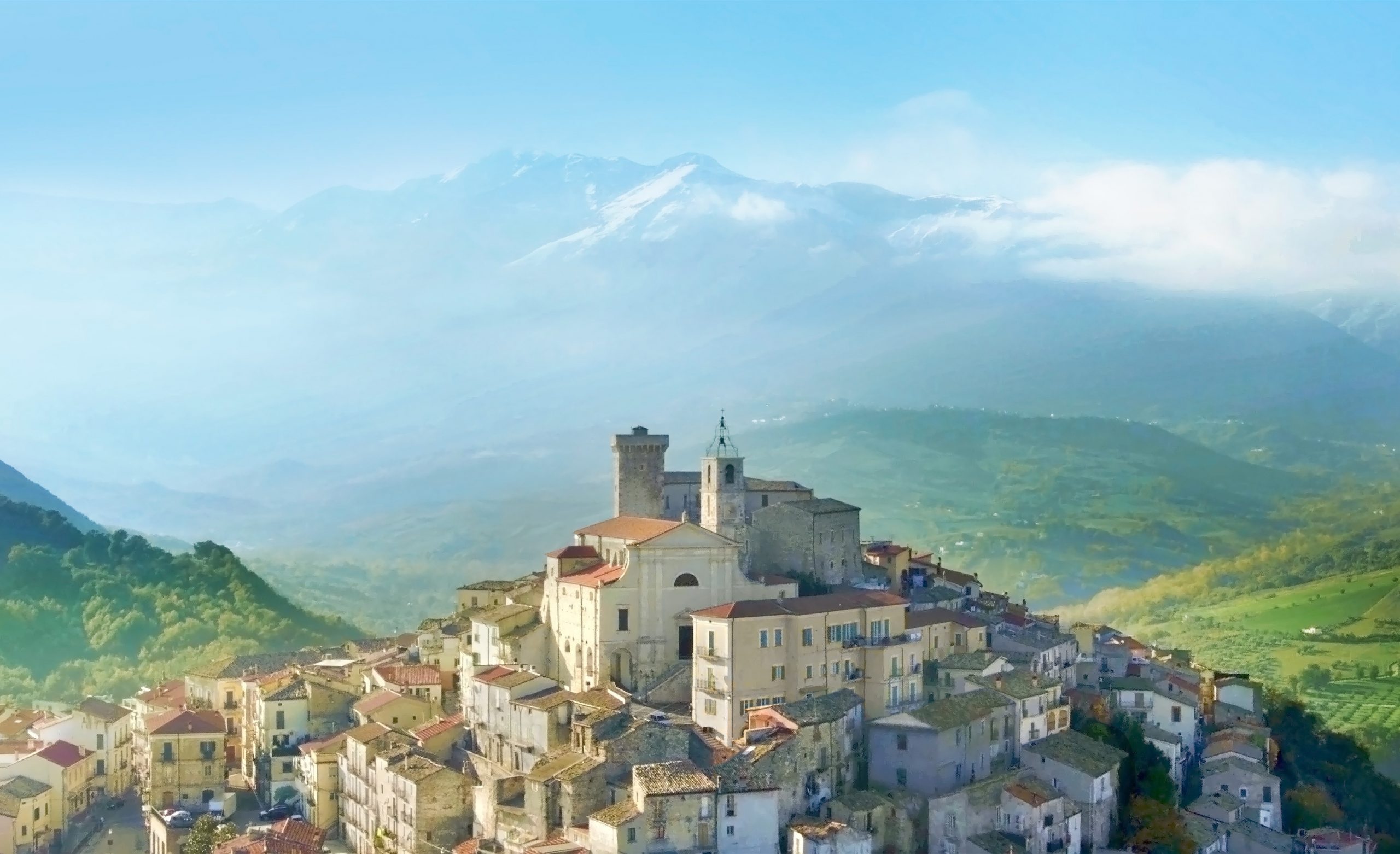




Comments